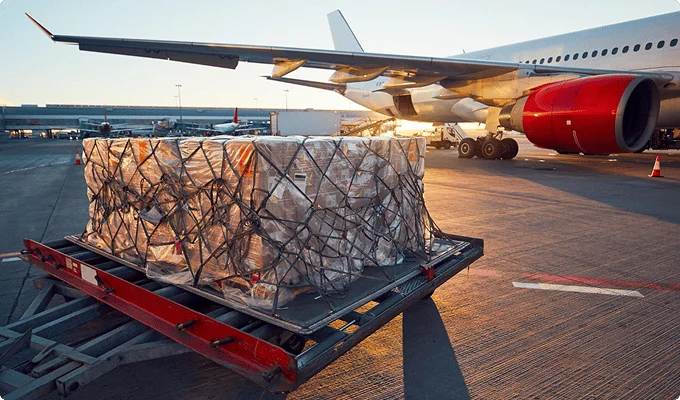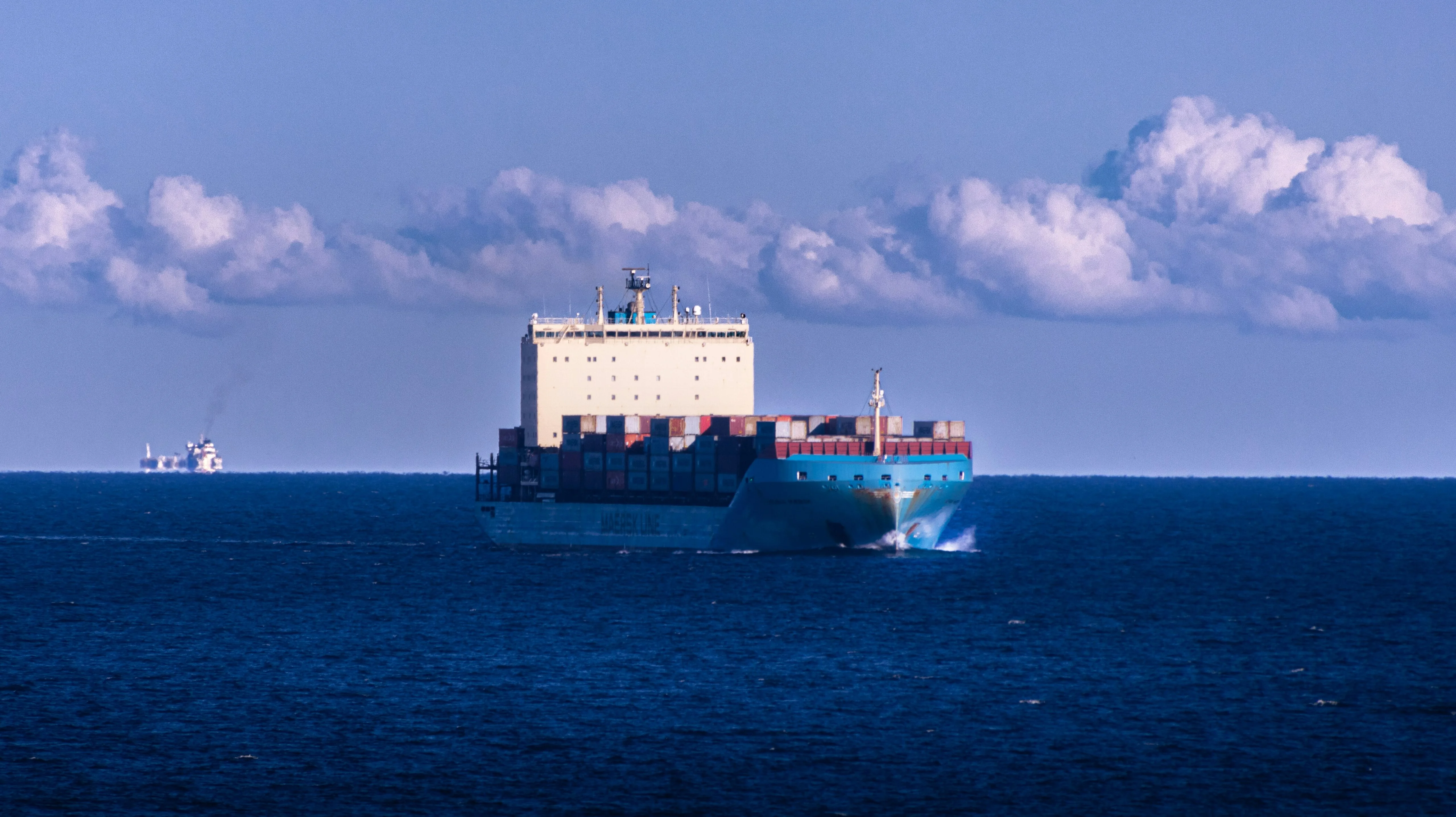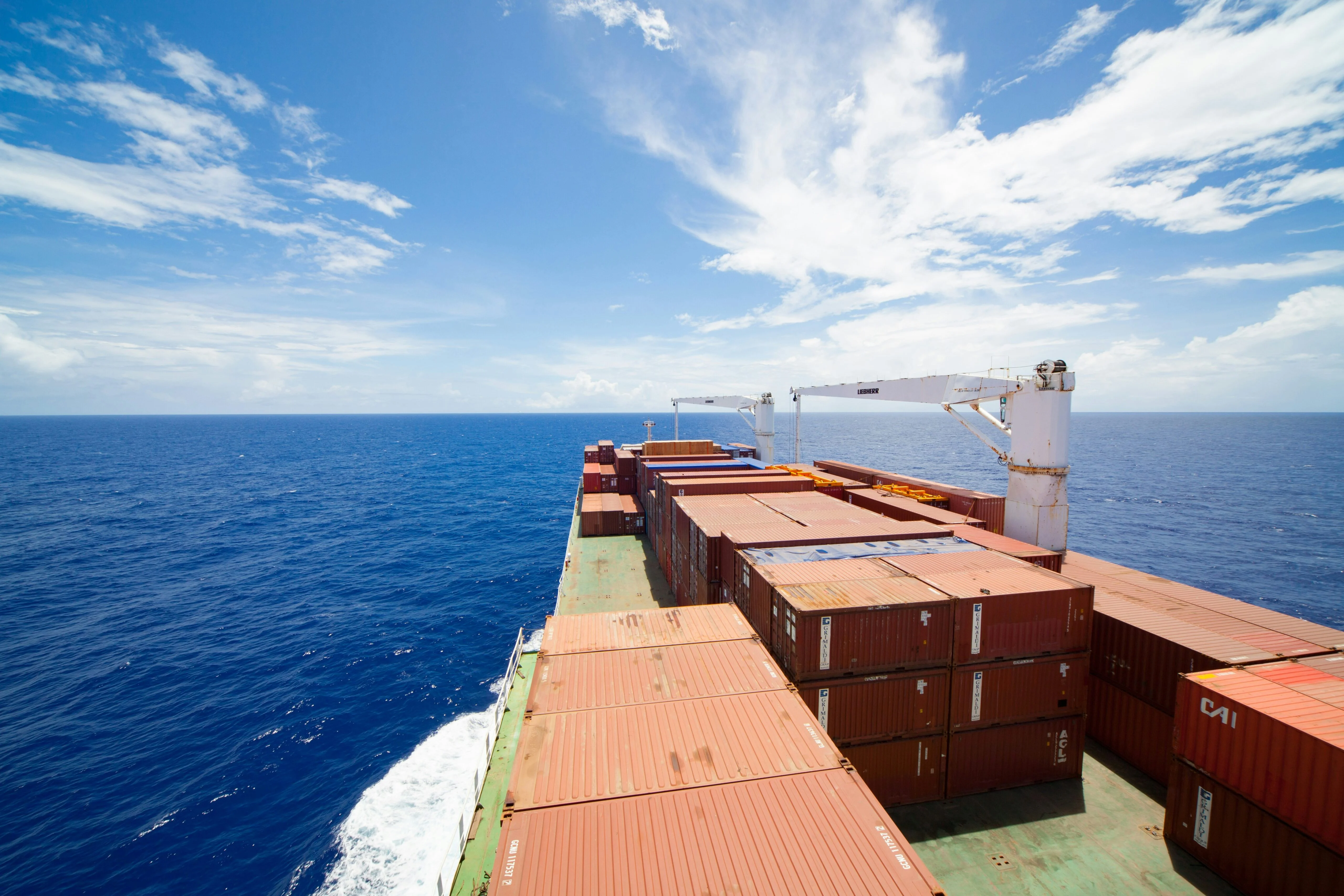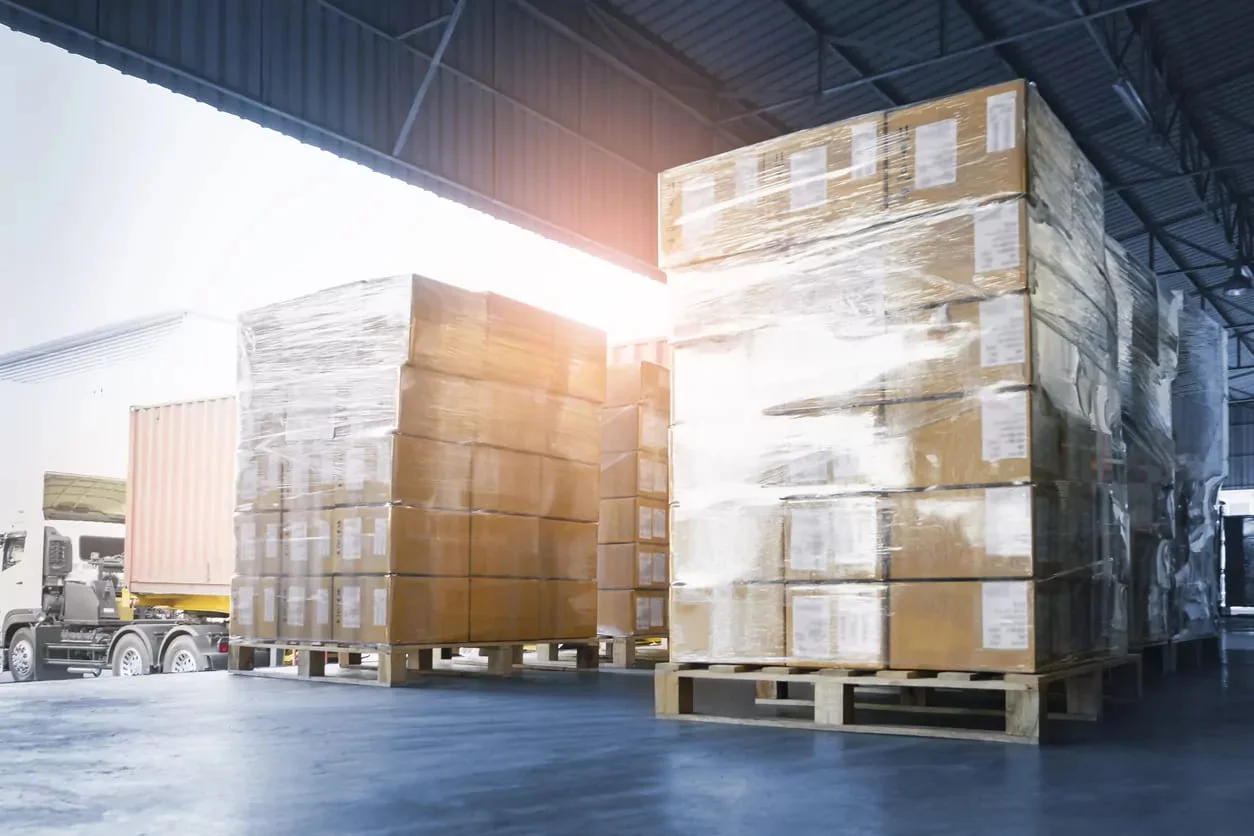Don’t Waste Time — Start Shipping to Brazil Today
Get your cargo to Brazil with reliable air and sea freight services. We handle the full shipping process — from paperwork to customs and on-time delivery — with speed and care.
Contact UsWe take a bottom-line approach to each project. Our clients consistently, enhanced brand loyalty and new leads thanks to our work.
HQ
235 Fairfield Ave,
West Caldwell, NJ 07006
USA
Shipping freight from the USA to Brazil involves understanding shipping options, customs regulations, and logistics details specific to Brazil. As the largest economy in South America, Brazil is a key trade partner for the United States, making freight shipping between the two countries well-established. This guide from RAM International Shipping covers essential information on shipping methods, transit times, costs, and customs requirements to ensure a smooth shipping experience to Brazil.

There are two primary options for shipping freight to Brazil: Air Freight and Ocean Freight. Each option has specific benefits depending on shipment size, urgency, and budget.

Air freight is the fastest shipping method to Brazil, ideal for time-sensitive or high-value goods. With regular flights between major U.S. cities and Brazil, air freight offers reliable delivery within a few days. Although air freight is typically more costly than ocean freight, it’s a preferred choice for urgent or smaller shipments.
Brazil’s main airports for air freight include São Paulo-Guarulhos International Airport and Rio de Janeiro-Galeão International Airport. RAM International Shipping provides tailored air freight services to meet specific timelines and cargo requirements, ensuring fast and secure delivery.

For larger or less time-sensitive shipments, Ocean Freight is a cost-effective choice. Ocean freight offers two main container options:
Brazil’s main ocean freight ports include Port of Santos (São Paulo), Port of Rio de Janeiro, and Port of Itajaí. RAM International Shipping provides flexible ocean freight services for both FCL and LCL shipments, ensuring cost-effective and reliable shipping for larger cargo.

Get your cargo to Brazil with reliable air and sea freight services. We handle the full shipping process — from paperwork to customs and on-time delivery — with speed and care.
Contact UsShipping costs to Brazil vary based on factors such as transport mode, shipment weight, volume, and final destination. Air freight typically incurs higher costs due to faster transit times, while ocean freight is more economical, especially for larger shipments.
In addition to transportation costs, Brazilian import duties and taxes apply. Brazil’s tax structure includes Import Duty, Industrialized Products Tax (IPI), and state-level ICMS (value-added tax). To receive an accurate cost estimate for your shipment, use our freight rate calculator or request a shipping quote.
The transit time to Brazil depends on the chosen shipping method:
Contact our team for a more accurate estimate based on your shipment details.
Brazil has several key ports that serve as primary entry points for international shipments from the USA:
Choosing the right port based on your shipment’s destination within Brazil can help reduce transit time and logistics costs.
Customs clearance is an essential step when shipping goods to Brazil. RAM International Shipping provides customs clearance services to ensure compliance with both U.S. and Brazilian regulations, minimizing the risk of delays.
In the USA, required documentation includes a commercial invoice, packing list, and any necessary export licenses. For customs clearance in Brazil, the following documents are typically required:
Brazil has a detailed customs process, and it is essential to provide accurate documentation. RAM International Shipping ensures that your shipment meets all Brazilian customs requirements, helping avoid delays and additional fees.
Brazil has strict regulations on prohibited and restricted items, especially concerning goods that affect public health, safety, and national security. Prohibited items include counterfeit goods, narcotics, certain chemicals, and items that could harm public safety. Restricted items, such as firearms, certain electronics, and agricultural products, may require special permits or licenses.
For up-to-date information on restricted and prohibited items, consult the Brazilian Federal Revenue Service website to ensure compliance and avoid complications.

From documentation to final delivery, our logistics experts ensure your shipment to Brazil is smooth, stress-free, and professionally managed.
Contact Us
Several well-established shipping routes connect the USA to Brazil, each offering unique benefits depending on origin and destination points:
Each route has unique transit times and cost considerations, and RAM International Shipping can help you choose the most efficient route based on your shipping needs.

RAM International Shipping offers specialized freight forwarding services designed to make shipping from the USA to Brazil a seamless experience. Here’s why businesses rely on RAM for their international shipping needs:
To start planning your shipment, contact us today for a consultation or to request a quote.